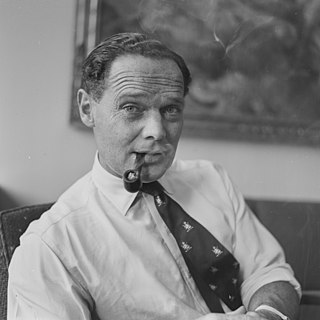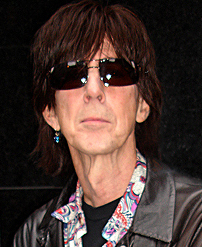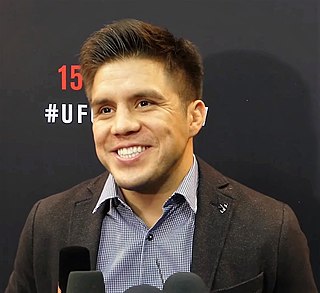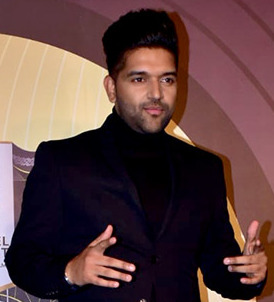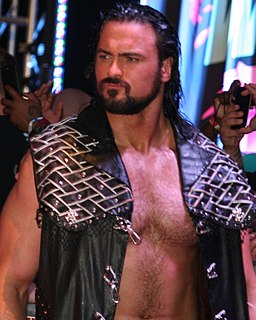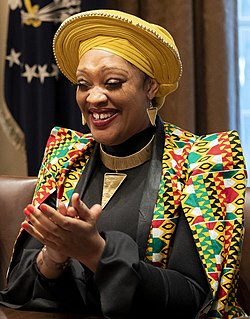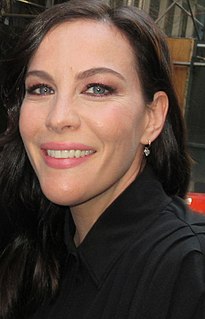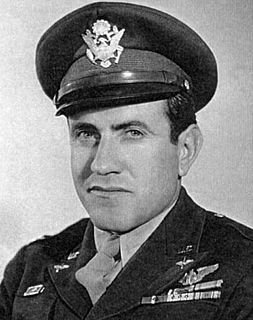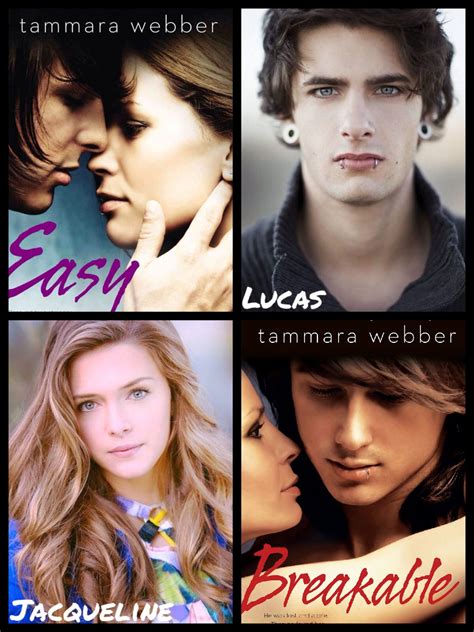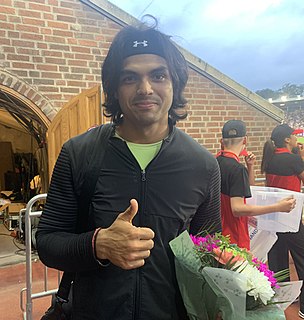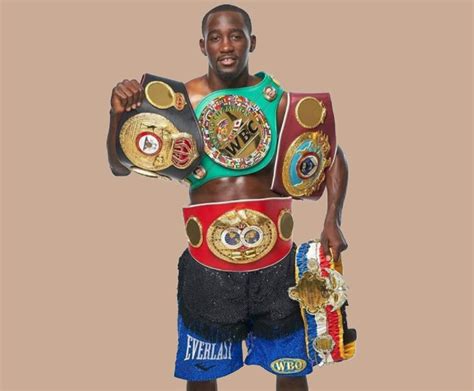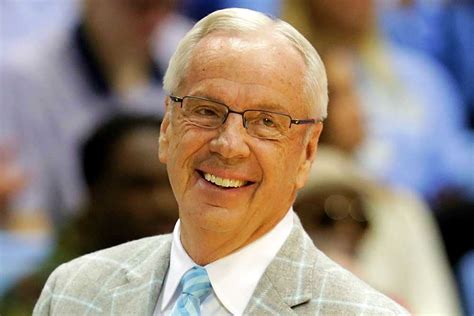Top 1200 Target Audience Quotes & Sayings - Page 15
Explore popular Target Audience quotes.
Last updated on November 15, 2024.
As a filmmaker, I wish we didn't have to do trailers at all, quite honestly. I wish we didn't have to do posters. I wish didn't have to give anything away. I wish people could just come in the movie blind. But as an audience member, I respect that you have to tell an audience that this is worth your time.
'Suit' garnered a lot of appreciation and love from the audience, and it gives me immense happiness to start my Bollywood journey with such a wonderful track. 'Hindi Medium' posed a perfect and appropriate opportunity to showcase my song and ensure that the beautiful track reaches the global audience.
Before the widespread rise of the Internet and easy publishing tools, influence was largely in the hands of those who could reach the widest audience, the people with printing presses or access to a wide audience on television or radio, all one-way mediums that concentrated power in the hands of the few.
What I find interesting is this ricochet effect, that the audience perceives the work and then does something with it, throws it back to the world, and there's an ongoing interaction between work and audience, which doesn't belong to the artist anymore - from the moment you release it, it doesn't belong to anybody.
I've told Michael Jackson jokes. If you got really technical, you could say those are jokes about child molestation. You could, if you got technical. A lot of this is just selective outrage because honestly, the audience are the ones that tell us that something shouldn't be spoken. The audience lets us know. And I've never, in my almost 30 years of being a comedian, seen a comedian continue to tell a joke that the audience doesn't respond to. I've never seen it.
In anything really, it's finding the reality. You can't be 'real,' but you can create a reality. And that created reality is what the audience believes in. And that's essential. Because if the audience doesn't believe that, they're never going to trust you. And if they don't trust you, you can't lead them up the mountain.
I didn't have traditional stage fright. If there was 500 people in the audience or three people in the audience, it didn't really make a difference. What made a difference was the conductor. Everything that I was scared about as a drummer was him. It was his face. It was whether or not he'd approve of my playing.


